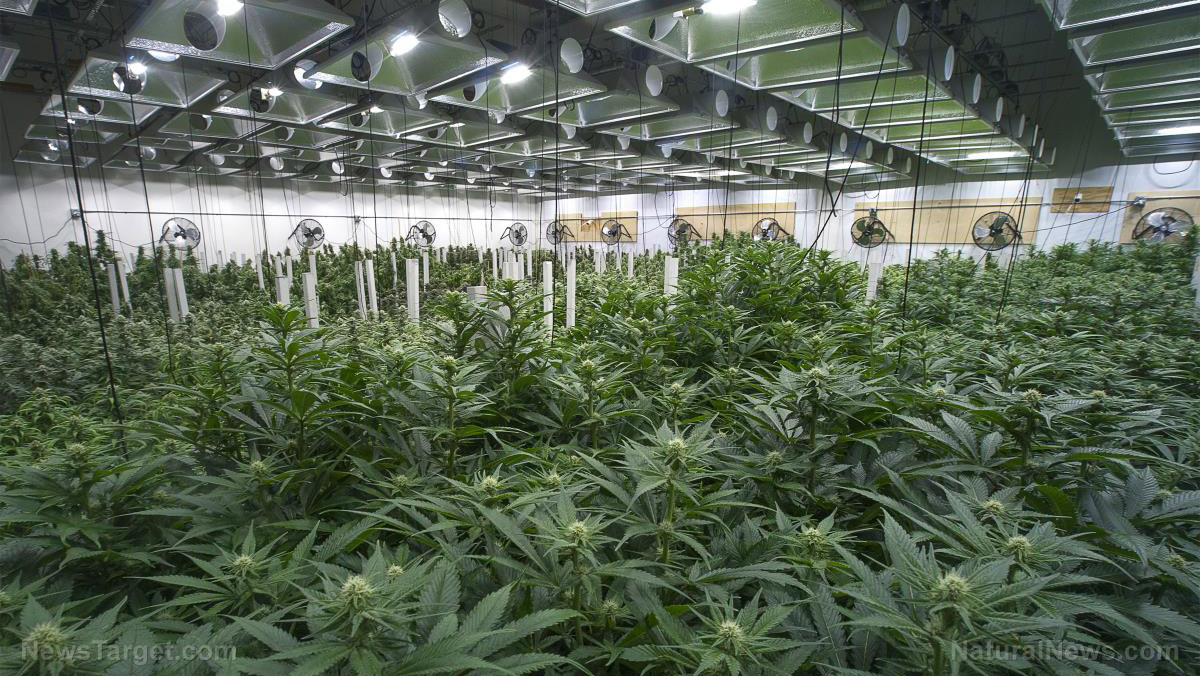OTTAWA – Auto-components researchers are developing the use of grasses such as hemp or flax to make tough but lightweight bioplastics that also help reduce a vehicle’s carbon footprint by using a renewable resource.
Article by Mandy Kovacs
A key innovator is Bruce Dietzen, president of Renew Design, a Florida-based company that produces custom-ordered cars whose body parts are made from processing the outer stalk of hemp plants through combining it with a synthetic resin and placed in a mold.
“All the body panels are made of a woven hemp material which, since the 1950s, has been well understood to provide additional strength latitudinally and longitudinally as opposed to traditional materials like plastic, fiberglass or metal,” he explains.
Entry-level models of the car start at $40,000 and can reach $200,000 for a 525-hp motor, depending on the amount of power the customer wants. It also can be customized to work with an electric drivetrain and battery or biofuel, something Dietzen encourages.
He calls hemp the ideal material to use, saying car panels made of hemp are 10 times more dent-resistant than steel. It also is one of the strongest and most versatile fibers in nature and is carbon-negative, producing no carbon footprint due to its ability to absorb and store carbon while growing.
In the U.K., Kerry Kirwan, a professor at the University of Warwick’s manufacturing group, also has been developing sustainable and natural components for vehicles. His team first created the unwieldy-named “World F3rst Formula 3” racing car in 2009, which replaced traditional oil-based polymer parts with components such as bumpers and exterior trims made from natural and sustainable polymers. The car also can run on biodiesel manufactured from waste streams, such as cooking oil and chocolate.
“For the parts of the vehicle, we used a lot of natural fibers such as hemp and flax and recycled fibers, as well as biodegradable polymers such as polylactic acid, recycled polymers and biopolymers,” Kirwan says.
But he stresses using natural materials doesn’t necessarily mean something is more environmentally friendly.
“Not all polymers that come from natural sources are biodegradable, and not all fossil fuel-based polymers are not biodegradable,” he says. “It’s more complex than that. There’s actually biodegradable and not-biodegradable materials from both sources.”


















